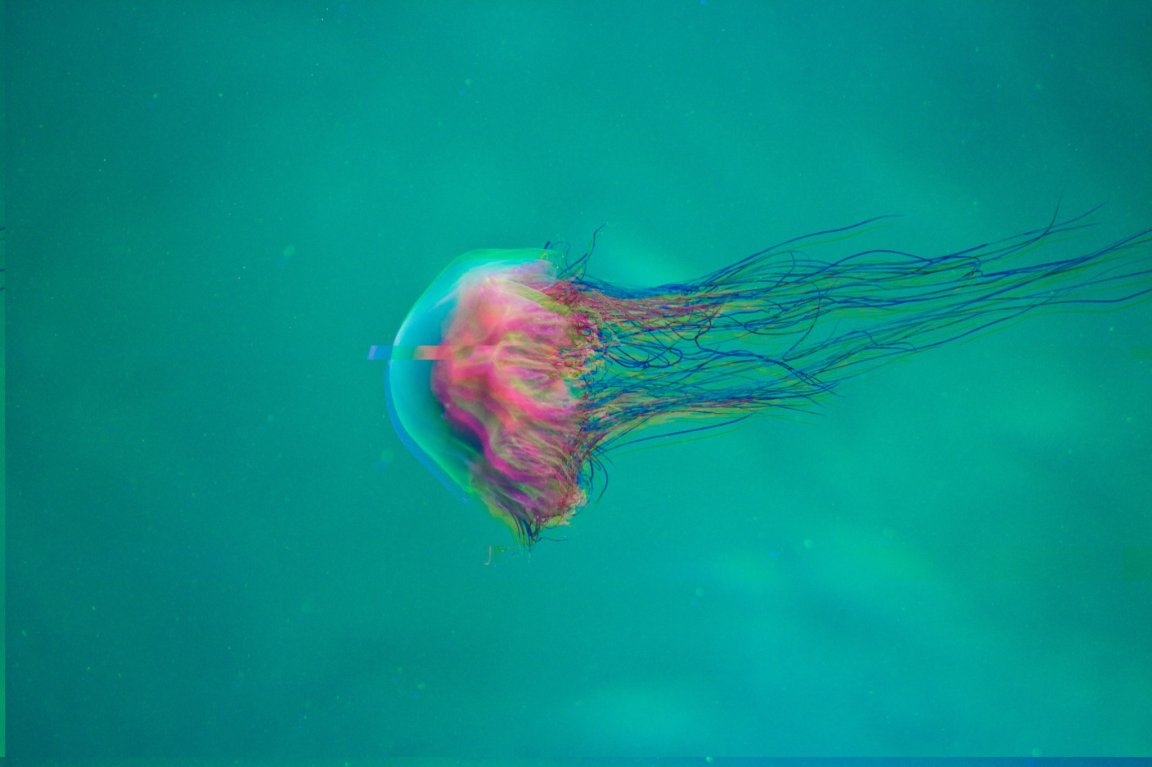
Jellyfish Invasion
Jellyfish have been around for a half billion years. Now, pollution and climate change are allowing them to take over and choke the oceans.
That’s according to Juli Berwald, the author of “Spineless: The Science of Jellyfish and the Art of Growing a Backbone,” according to a new interview with the Australian Broadcasting Corporation — a dire warning about how human activity has upset the natural ecosystem.
Electric System
Jellyfish reproduce well in warmer waters, Berwald said, and they do well in polluted areas because they need less oxygen than other sea life. Exploding jellyfish populations have swept into power plants across the world — including two nuclear plants in Scotland — shutting down parts of the power grid, she said.
“One jellyfish scientist from Japan told me that the first threat to the electric system in Japan is earthquakes, but the second is jellyfish,” Berwald told ABC. “We are dealing with a ubiquitous creature.”
Terrestrial Creatures
The growth worldwide jellyfish populations — at the expense of other marine life like fish — is a warning about the effects that pollution and climate change are having on the health of the oceans, according to Berwald.
“Because we are terrestrial creatures we haven’t really thought about the health of the oceans,” Berwald told ABC. “We’ve considered it as this place that is so big we can never really damage it that badly. The message from jellyfish is that we are.”
READ MORE: Jellyfish are causing mayhem as pollution, climate change see numbers boom [Australian Broadcasting Corporation]
More on jellyfish: Jellyfish Chips Are the Future of Junk Food